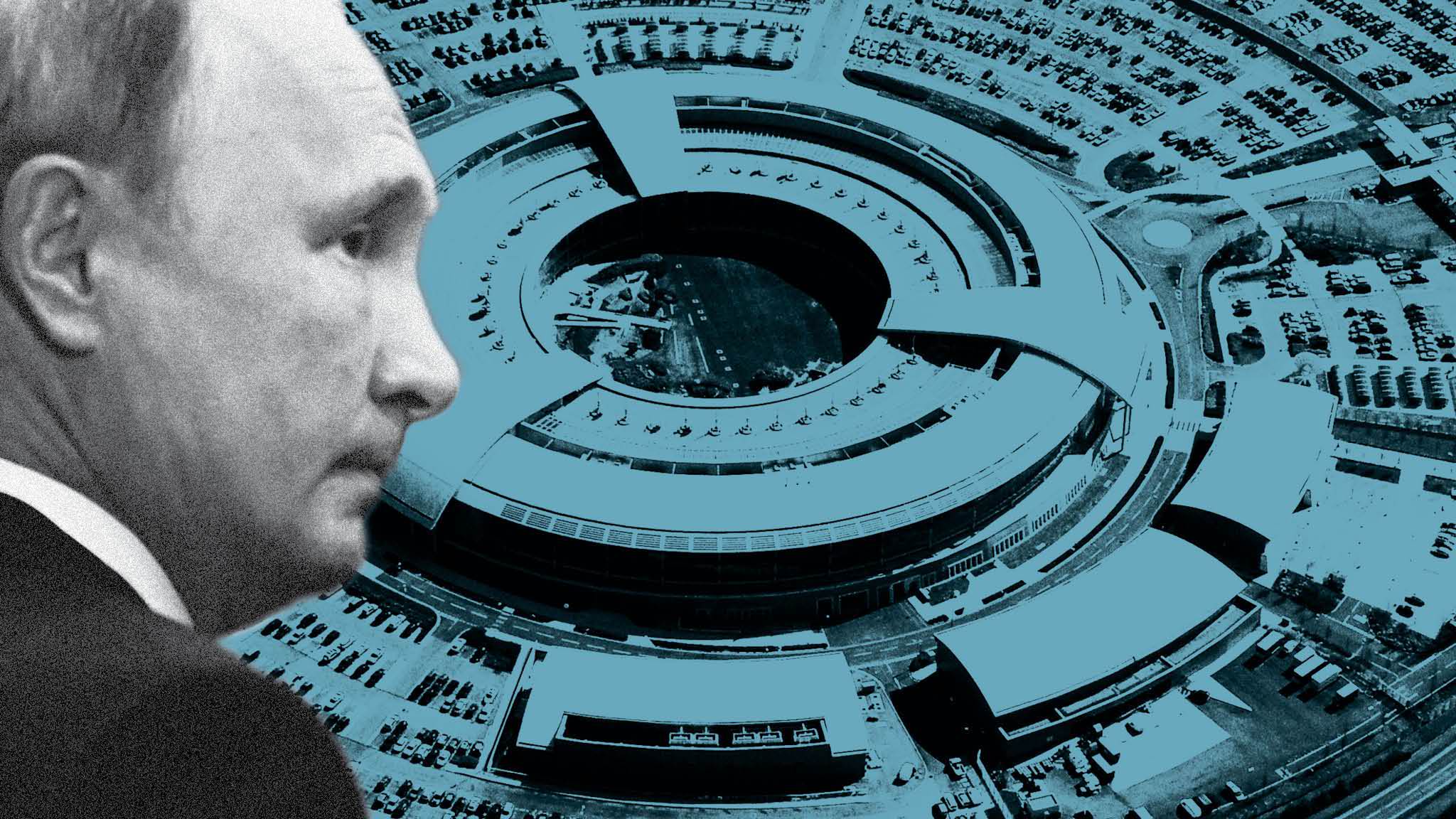Our premier Scary Technologies topic comes in the form of Facial Recognition and Surveillance.
And if thou gaze long into an abyss, the abyss will also gaze into thee
The ability for companies and authorities to identify a person based on fixed features. Short of some interesting wardrobe choices, which may not even work (Spoiler: Identifies You Gait), there is no hiding from constant scans. Artificial intelligence has turned this technology into a terror. Being able to find a single person in a crowd of thousands, we are just now seeing the dawning of the age of mass surveillance… Or have we been there for many, many years? *dun dun dunnnn*.

HKU Design/Jip van Leeuwenstein – Facial Recognition Disruption Mask
Check out the below map for the most surveilled cities in the world.
Striking Digital Gold, Under The Family Tree, Data Mining and Genealogy
Data mining is the process of discovering patterns in large data sets involving methods at the intersection of machine learning, statistics, and database systems. Wikipedia
Every industry does this to some extent. Be it analytics from YouTube, user data from Facebook, search history from Google, or even something as simple as an email address from your favorite online forum. Being able to measure and predict your users has become all too important for free services. Free to use does not exactly mean free, we are slowly finding out.
Data Mining is one of our Scary Technologies and also has a very large problem. With only a few data points, depersonalized data (or when companies remove all traces of an identity from the data) can be traced back to the individual very easily. The scary part should be obvious, that with even the most basic of info, you can never truly separate the person from the data. Companies who say that you are anonymous, are trying to make people comfortable with the idea that every aspect of their lives is tracked, tagged, and uploaded to unknown buyers. And quite often, not for their benefit.

Genealogy has become something of a double edged sword. On the one hand, it is an incredible tool that has lead to many convictions since the association with law enforcement in 2018. On the other, all it takes is one family member, one close relative, to completely surrender your DNA for police scrutiny. Which seems like a clear violation of illegal search from law enforcement. And by maintaining these large data bases on Americans that have never crossed paths with the law. Not to mention the results of private companies having this data, ready to sell…
Who’s Really Listening? Who’s Really Speaking?
Computer America has a great hour long conversation about the pitfalls and boons of Social Media, so check that out. But the short of it is: We have never been in this phase, where social media is accessible to such a young audience or wide audience. We don’t fully understand the side effects on anyone’s mental health to be completely plugged in all the time. Possible side effects may include: sadness, isolation, anxiety, FOMO. Social Media isn’t all bad, but we are still exploring the unknowns.
Then one of the newest arenas of misinformation is the capability to create something called “deep fakes”. This is one of the most spooky technologies in recent years. To not only change a video, but change it imperceptibly, and change the words someone is saying. Here is an example of deep fakes and how hard they are to spot. The scary part though, is that to create these deep fakes, the software is very useable and getting easier to use. There’s something about that skill being in the hands of high end digital effect studies. But when anyone can create their own video, with the potential to go viral, we have entered an age when we have to be as skeptical of video/audio as we are post-Photoshop with photos.
Here is our correspondent Scott Schober talking to a guest about the technology as well.
It Wasn’t A Ghost, It Was The Scammer All Along! – Scooby, maybe?

Identity Theft is a topic that comes up often on the show. Not because it happens often to someone, but because it has the ability to happen to everyone. We always recommend people check out https://haveibeenpwned.com/ to see if they have been compromised, or their passwords, or their emails. And thanks to dozens of large organizations, including Equifax, The United States Government, Yahoo, Facebook, and many, many others, almost everyone’s data has been exposed at some point.
If you don’t do basic upkeep and risk management of your payment information, passwords, contact information, and so on, you are at extreme risk for identity theft. But what do we do about Scary Technologies when our SSN’s, our bio-metrics, our medical history, and things that can’t be changed?
Trick or Trick: When Militaries Hack

The final topic on this very list of Scary Technologies is the idea that the internet is used as a battleground. And I don’t mean Summoner’s Rift or Halo 2 (1v1 lockout br start), but rather the idea that as we get more interconnected we get more vulnerable as a country. Hacking groups with the resources of an entire military behind them.
Russia and China earn a special spot in this category. While traditionally America’s geopolitical adversaries, a secretive, unspoken war has been undertaken by both sides, for and against China/Russia. Some of the largest hacks have come from state sponsored actors. The 2016 elections is a prime example of what the future holds for nation-based hacking from Russia. Using tools from the likes of Facebook, data collection firms, and good old fashion propaganda are indeed not things of the past. But tactics of the future. Chinese trained, North Korean based hackers are finding strange ways to fund their nuclear ambitions. Nigeria is infamous for their scams!
It’s a given that, over time, the vectors of attack will multiply. Meaning that even traditionally safe sectors will be at risk of the next big hack.
Computer America still believes that technology in general will be a good thing. We love to discuss it, watch it, and learn about it. But that doesn’t mean it lacks the potential for harm. We hope you take away a sense of the dangers of tech, but still embrace all it has to offer. Please don’t go off the grid. The grid is safe. The grid is warm…

